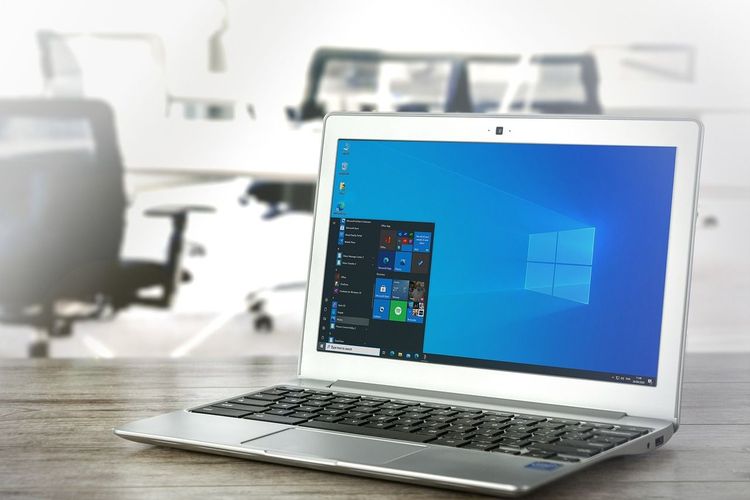### IDC Forecasts Dominance of AI PCs by 2027
According to IDC, the future of personal computing is poised for a significant transformation, with projections indicating that 60% of all PCs shipped globally will be AI-enhanced by 2027. These next-generation machines will feature specialized system-on-chip (SoC) designs optimized for local generative AI processing.
The forecast anticipates the shipment of nearly 50 million AI PCs this year, which is expected to escalate to an impressive 167 million units by 2027. Historically, running AI workloads on PCs has been cumbersome due to the limitations of conventional CPUs and GPUs, which can hinder performance and battery efficiency when tasked with AI functions. However, the latest innovation from chip manufacturers includes the introduction of neural processing units (NPUs), specifically designed to handle AI operations more effectively.
#### Three Categories of AI PCs
IDC categorizes AI PCs into three distinct types:
1. **Hardware-Enabled AI PCs**: These machines come equipped with an NPU capable of delivering less than 40 tera operations per second (TOPS). They allow specific AI features within applications to operate locally and are currently being delivered to consumers.
2. **Next-Generation AI PCs**: Featuring an NPU with TOPS performance ranging from 40 to 60, these devices will include an AI-first operating system designed to seamlessly integrate AI capabilities across applications. Shipments for these advanced systems are set to begin in 2024.
3. **Advanced AI PCs**: Although details on chips for this category—promising over 60 TOPS performance—are not yet announced, IDC anticipates their introduction in the near future.
### EY and Dell Collaborate for Edge Computing Innovation
In a move to simplify edge computing applications, EY is partnering with technology leader Dell to launch the EY Edge Technologies Lab. This initiative targets the enhancement of industry-specific solutions to leverage the benefits of edge computing, placing computational resources closer to users rather than relying on cloud infrastructure. This strategic shift promises faster processing times and improved data security.
Businesses will be able to utilize the lab to test tailored solutions that best fit their operational needs, with initial focus areas including manufacturing, life sciences, healthcare, consumer products, and utilities. A prominent use case involves implementing Internet of Things (IoT) solutions to streamline manufacturing processes.
The lab will utilize Dell’s NativeEdge software platform alongside their edge gateway, PowerEdge servers, and OptiPlex desktops. Collaborative technologies from Microsoft, PTC, GE Digital, Snowflake, and others will also play pivotal roles in devising innovative edge computing strategies.
### IKEA Unveils Generative AI Assistant for Home Design
IKEA is leveraging generative AI to enhance customer experience with the launch of a new assistant aimed at helping users select furniture and design their living spaces. Currently available in the United States through ChatGPT Plus, which is priced at $20 per month, this assistant will expand to additional locations as ChatGPT gains wider availability.
This AI-powered tool provides users with "personalized furniture and décor suggestions" based on individual preferences, including personal style, room dimensions, budget constraints, and more. By harnessing generative AI, IKEA is positioning itself at the forefront of customer engagement in the home furnishings sector.
### Opera Sets Its Sights on Replacing Safari
Norwegian browser company Opera is carving a path to replace Safari as the default web browser on iOS devices, encouraged by the European Digital Markets Act (DMA), which mandates that Apple allows third-party competition within its ecosystem.
Jørgen Arnesen, executive vice president of mobile at Opera, commended the DMA for fostering competitive alternatives. Currently, iOS users face hurdles in changing their default search engines, as using a different browser requires downloading a separate app from the App Store. This is set to change under the new DMA regulations, effective in March.
Opera plans to reintroduce its AI-focused web browser, Opera One, which initially debuted last summer. The browser is equipped with a built-in generative AI assistant named Aria, developed in collaboration with OpenAI but enhanced with additional functionalities. Users can look forward to more improvements as Opera gears up to unveil the updated version in the coming months.







